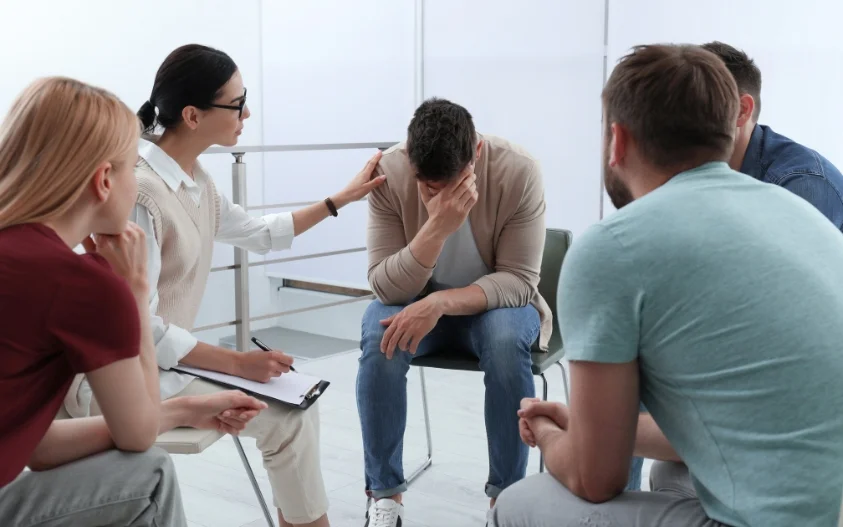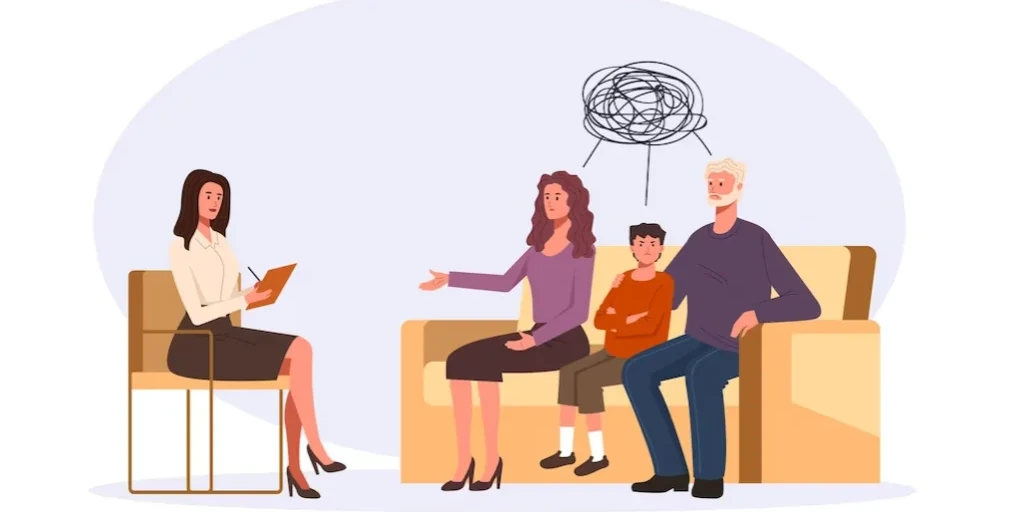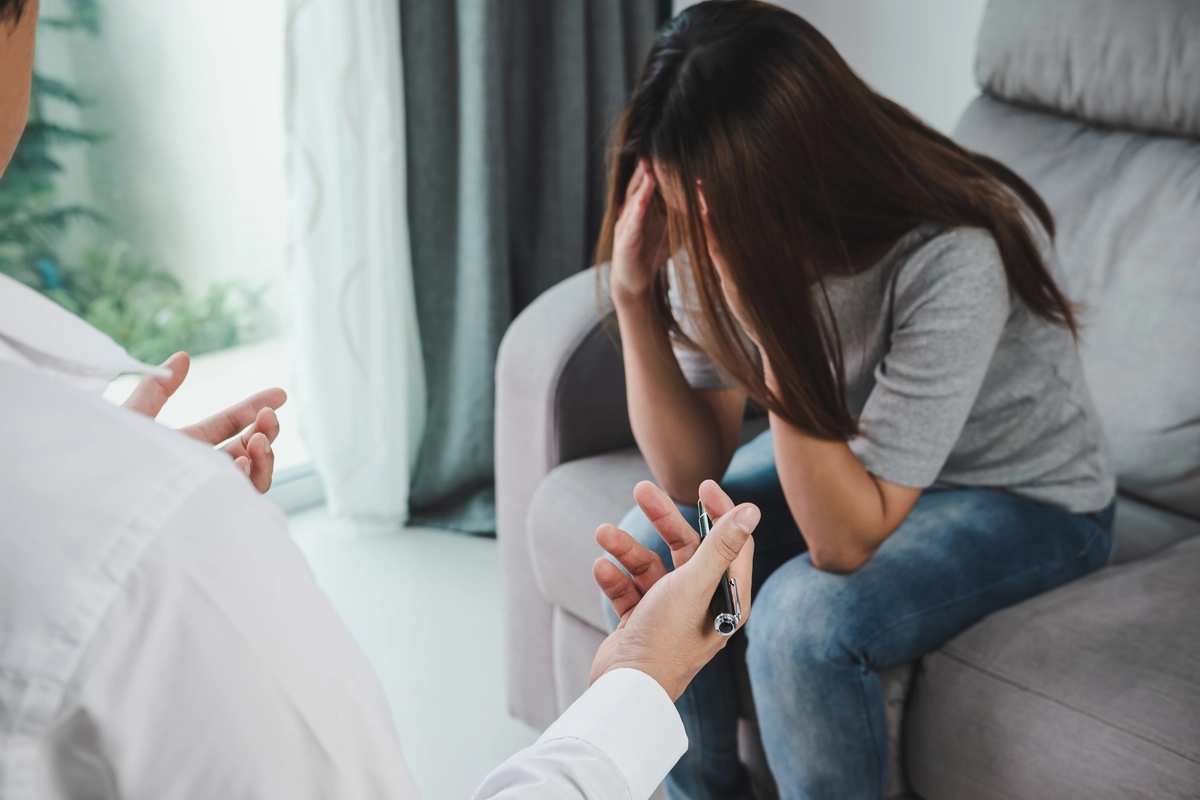24/7 Helpline:
(866) 899-221924/7 Helpline:
(866) 899-2219
Learn more about Morphine Detox centers in Imperial County
Morphine Detox in Other Counties

Other Insurance Options

Anthem

Meritain

WellPoint

Multiplan

Health Partners

Excellus

CareFirst

Ceridian

Self-pay options

AllWell

Molina Healthcare

Cigna

UnitedHealth Group

Access to Recovery (ATR) Voucher

Choice Care Network
Beacon

Health Choice

Coventry Health Care

Aetna

ComPsych

Imperial County Behavioral Health Services – Adult Outpatient
Imperial County Behavioral Health Services - Adult Outpatient provides a wide array of services for ...

Imperial County Behavioral Health Services – Children Outpatient
Imperial County Behavioral Health Services - Children Outpatient is committed to serving children an...

Imperial County Behavioral Health Services – MHSA Programs
Imperial County Behavioral Health Services - MHSA Programs provides children and adolescents with th...


































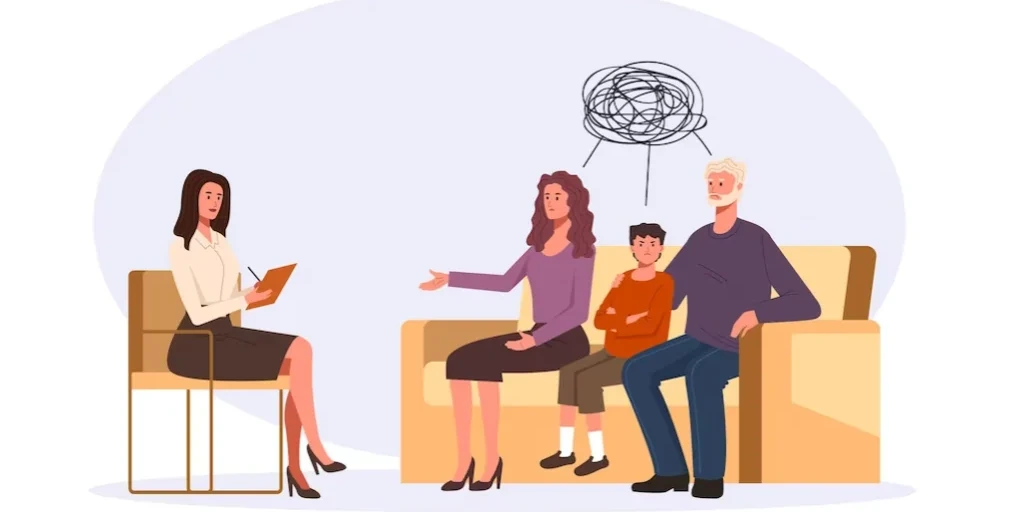















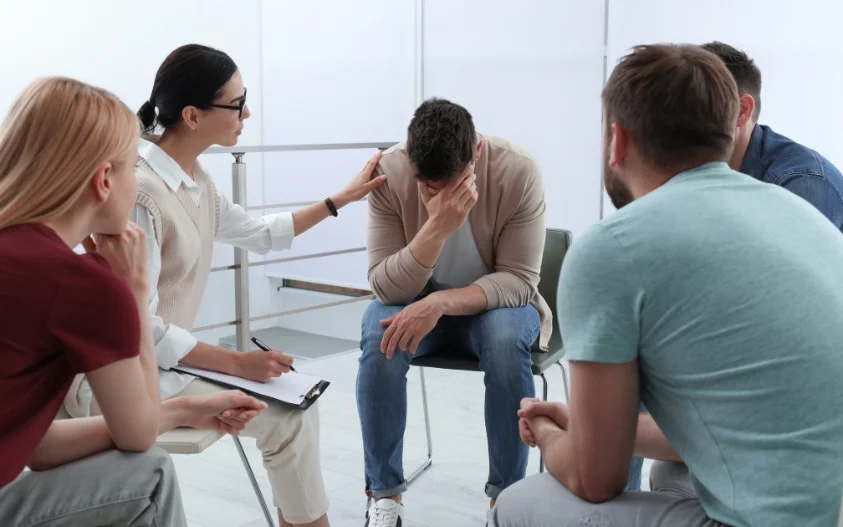








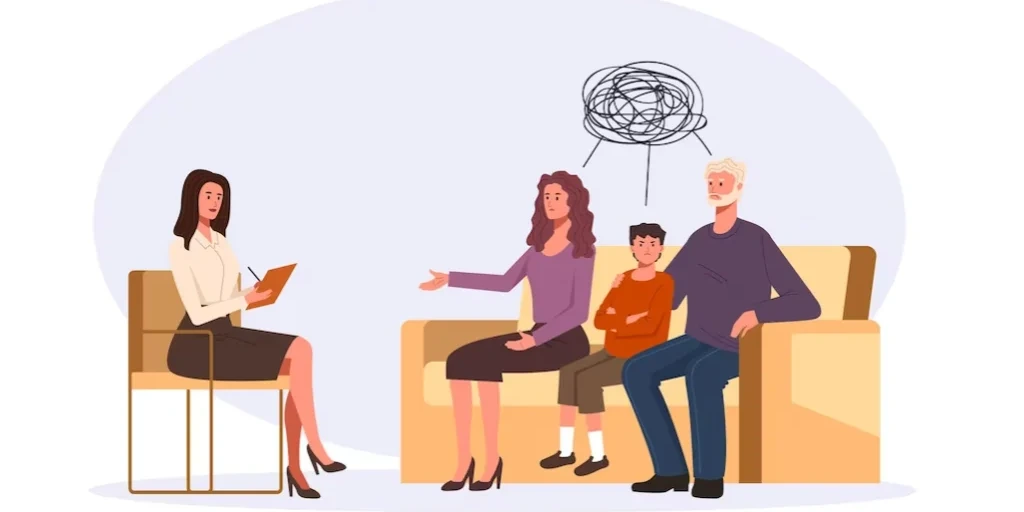











Quechan Indian Tribe – Alcohol Drug Abuse Prevention
Quechan Indian Tribe provides education and treatment to youth between 12-18 years of age through it...

Imperial County Behavioral Health Services – Adolescent & Adult
Imperial County Behavioral Health Services - Adolescent & Adult provides services to youth ages 12-2...

Action Rehabilitation Centers
Action Rehabilitation Centers is a private rehab located in El Centro, California. Action Rehabilita...

Sober Roads
Sober Roads is a counseling office offering substance abuse treatment including individual and group...

Turning Point Men’s Home
Turning Point Men’s Home is a private rehab located in Holtville, California. Turning Point Men’s Ho...

Imperial County Behavioral Health Services – Children Outpatient
Imperial County Behavioral Health Services - Children Outpatient is committed to serving children an...
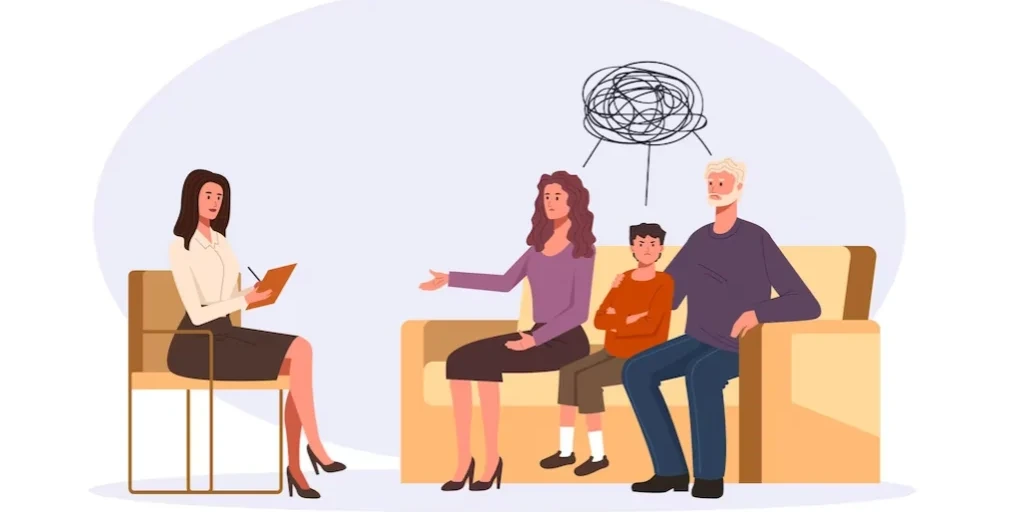
Imperial County Behavioral Health Services – Anxiety & Depression – Brawley
Imperial County Behavioral Health Services - Anxiety & Depression provides services to individuals d...

Imperial County Behavioral Health Services – Children Outpatient
Imperial County Behavioral Health Services - Children Outpatient is committed to serving children an...

Imperial County Behavioral Health Services – FRC
Imperial County Behavioral Health Services - FRC is committed to serving children and adolescents wi...

Imperial County Behavioral Health Services – RCP Outpatient
Imperial County Behavioral Health Services - RCP Outpatient provides services to individuals diagnos...

Imperial County Behavioral Health Services – Anxiety & Depression – El Centro
Imperial County Behavioral Health Services - Anxiety & Depression provides services to individuals d...

Imperial County Behavioral Health Services – Anxiety & Depression – Calexico
Imperial County Behavioral Health Services - Anxiety & Depression provides services to individuals d...

AA – Alcoholics Anonymous
AA – Alcoholics Anonymous is a non-profit rehab located in Imperial, Missouri. AA – Alcoholics Anony...























































































































